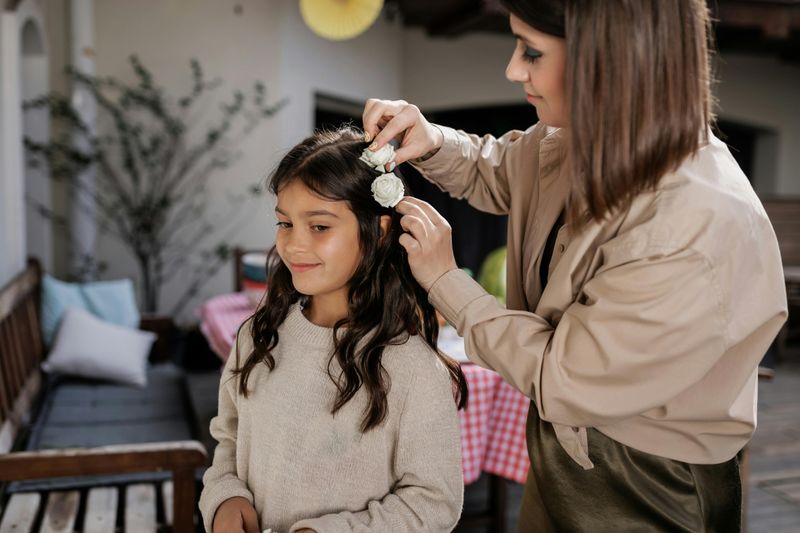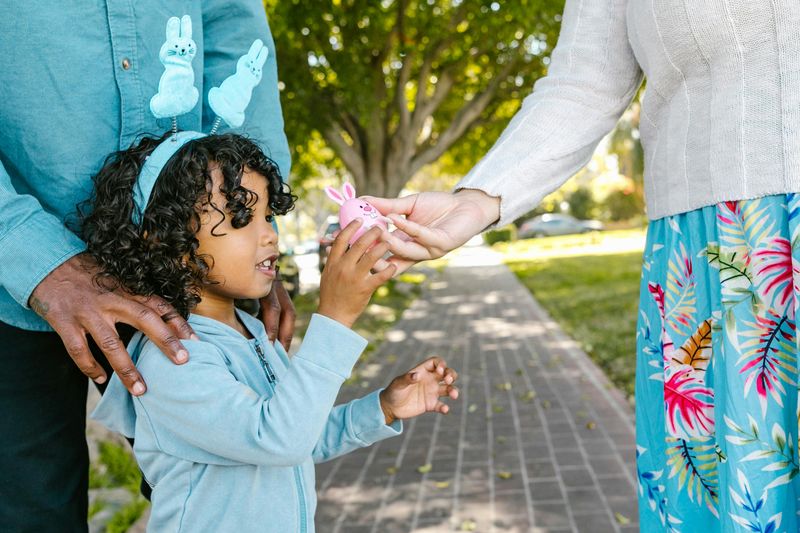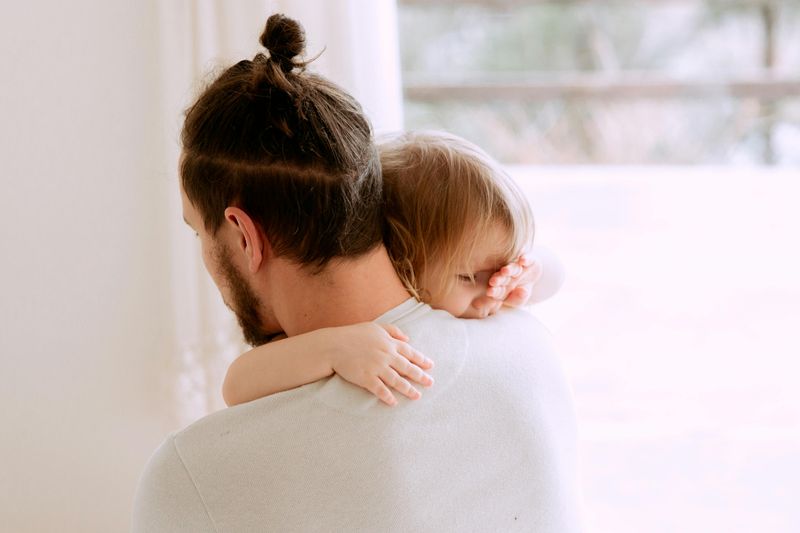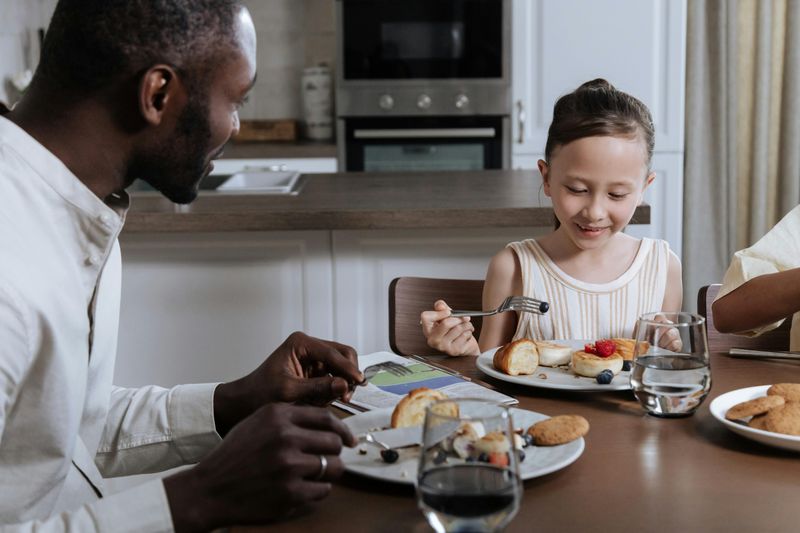Co-parenting after separation can feel like walking a tightrope, especially when emotions run high and disagreements seem constant. But creating a calm, respectful environment for your kids is possible, even when things get tough. The strategies below will help you build a healthier co-parenting relationship that puts your children first and reduces unnecessary conflict.
1. Keep Communication Business-Like

Treating your co-parent like a business partner might sound cold, but it actually removes a lot of emotional baggage from your interactions. Stick to topics about schedules, school events, medical appointments, and other kid-related matters. Save personal opinions and past grievances for your therapist or a trusted friend.
Short, clear messages work best. Use text or email when possible so you both have time to think before responding. Keeping things professional protects your children from witnessing adult drama and helps you stay focused on what really matters—their wellbeing and happiness.
2. Create a Consistent Schedule

Kids thrive when they know what to expect. A predictable routine between two homes gives them security and reduces anxiety about where they’ll be and when. Work together to establish regular drop-off times, holiday rotations, and special event arrangements well in advance.
Write everything down in a shared calendar app or physical planner that both parents can access. This prevents misunderstandings and last-minute scrambles. When children see their parents honoring agreements and sticking to schedules, they feel safer and more confident that both adults have things under control, even if the family structure has changed.
3. Never Badmouth the Other Parent

Your children are half you and half your co-parent. When you criticize their other parent, kids internalize that negativity and may feel like part of themselves is being attacked. Biting your tongue when you’re frustrated takes real strength, but it’s one of the most important gifts you can give your kids.
If your child complains about something at the other house, listen without piling on. Validate their feelings without trashing your ex. You might say something like, “That sounds frustrating,” instead of, “Your mom never thinks things through.” Your restraint teaches them healthy conflict resolution.
4. Respect Different Parenting Styles

It’s natural for co-parents to disagree sometimes. Maybe one home is strict about bedtime and the other lets kids stay up a bit later. Unless there’s a real safety issue, let the little stuff go. Micromanaging the other parent just causes stress and can teach kids to manipulate both of you.
Children are surprisingly adaptable and can learn that different houses have different rules. This flexibility actually helps them develop important life skills. Focus your energy on major issues like safety, education, and health, and accept that you can’t control everything that happens outside your home.
5. Use Neutral Drop-Off Locations

Meeting at school, a park, or another public place can significantly reduce conflict during transitions. Neutral territory feels less emotionally charged than either parent’s home, making exchanges smoother for everyone involved. Plus, people tend to behave better when others might be watching.
Public spots also give kids a clear separation between their two worlds. They can say goodbye to one parent and hello to the other without feeling trapped in uncomfortable situations. If drop-offs consistently turn hostile, consider asking a trusted family member to help with exchanges temporarily while you both work on keeping things civil.
6. Focus on Your Child’s Needs, Not Your Feelings

Co-parenting isn’t about your hurt feelings or desire to win arguments. Every decision should filter through one question: What’s best for my child? When you’re tempted to say no to a request just because you’re angry, pause and consider whether you’re acting out of spite or genuine concern.
Your kids didn’t ask for this situation, and they shouldn’t pay the price for adult conflicts. Sometimes being the bigger person means swallowing your pride and agreeing to something that benefits your child, even if it inconveniences you. That selflessness models maturity and teaches your children that love means putting others first.
7. Establish Boundaries and Stick to Them

Healthy boundaries protect your mental health and prevent old relationship patterns from creeping back in. Decide what topics are off-limits, how you’ll communicate, and what constitutes an emergency that requires immediate contact. Then enforce those boundaries consistently, even when it feels uncomfortable.
Boundaries aren’t punishments—they’re protective structures that help both parents function better. If your co-parent tries to discuss your dating life or criticize your housekeeping, politely redirect the conversation back to the kids. Clear limits reduce drama and help everyone move forward with their separate lives while successfully raising children together.
8. Celebrate Milestones Together When Possible

Birthdays, graduations, and soccer games matter tremendously to your kids. When both parents show up—even if they don’t sit together—children feel loved and supported by their whole family. These moments aren’t about your comfort; they’re about showing your child that both parents prioritize them above old conflicts.
You don’t need to pretend you’re best friends, but you can be civil and pleasant for a few hours. Your child will remember who showed up and who made the day about adult issues instead of celebrating their achievements. Those memories shape how they view relationships and family for the rest of their lives.
9. Seek Professional Help When Needed

Sometimes you need outside help, and there’s zero shame in that. Family therapists, mediators, and co-parenting counselors specialize in helping separated parents navigate difficult situations. They provide neutral ground and practical tools that can transform a toxic dynamic into a functional partnership.
Many courts even require mediation before addressing custody disputes. Getting help early prevents small disagreements from becoming legal battles. A good therapist can teach you communication techniques, help you process lingering hurt, and create systems that reduce conflict. Investing in professional support isn’t a sign of failure—it’s a sign that you’re committed to doing this right for your children.

Comments
Loading…